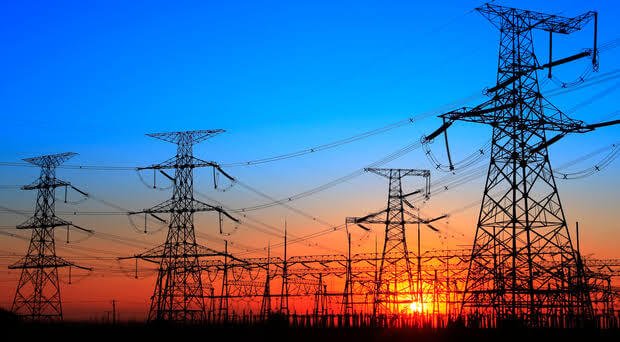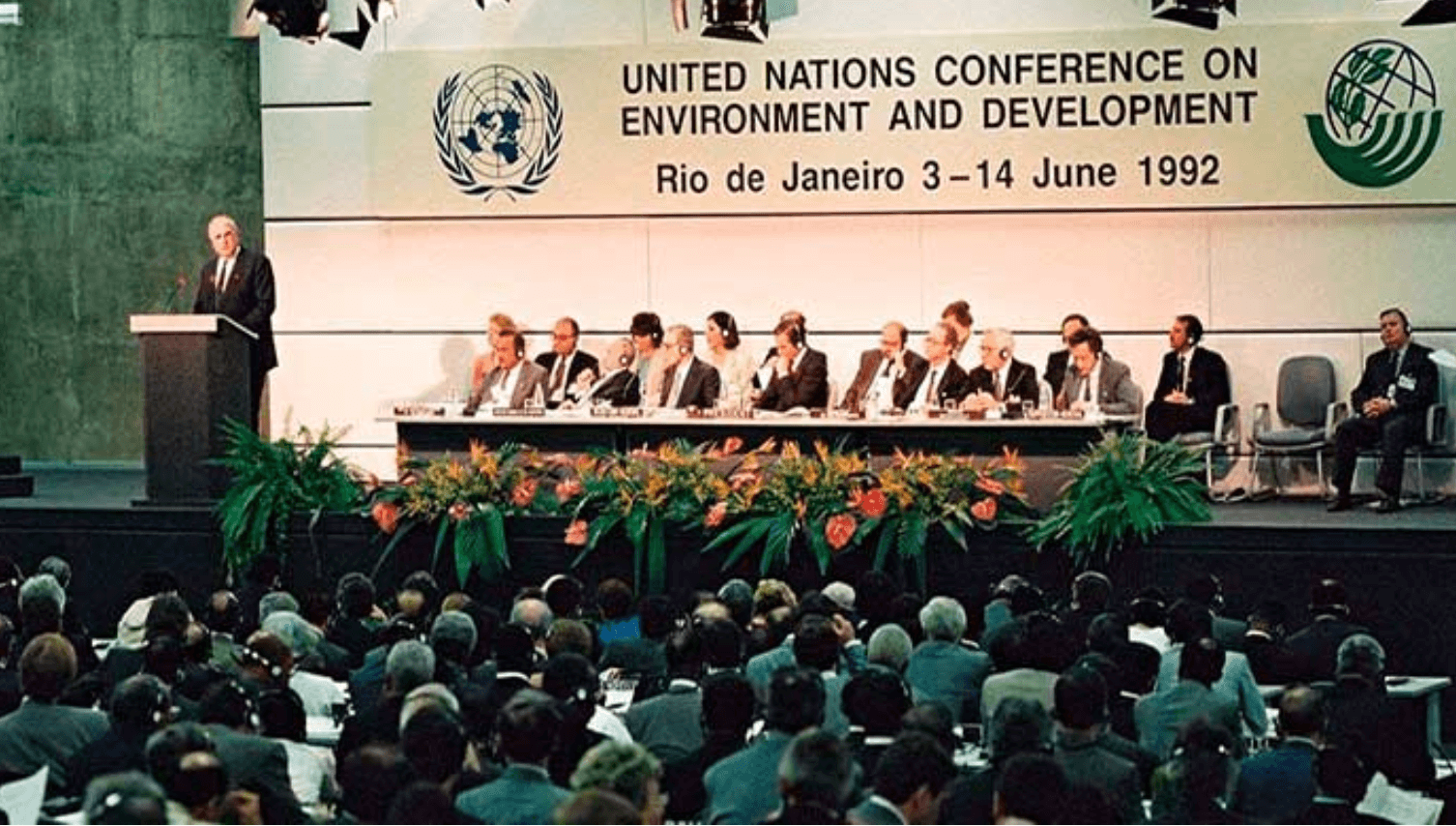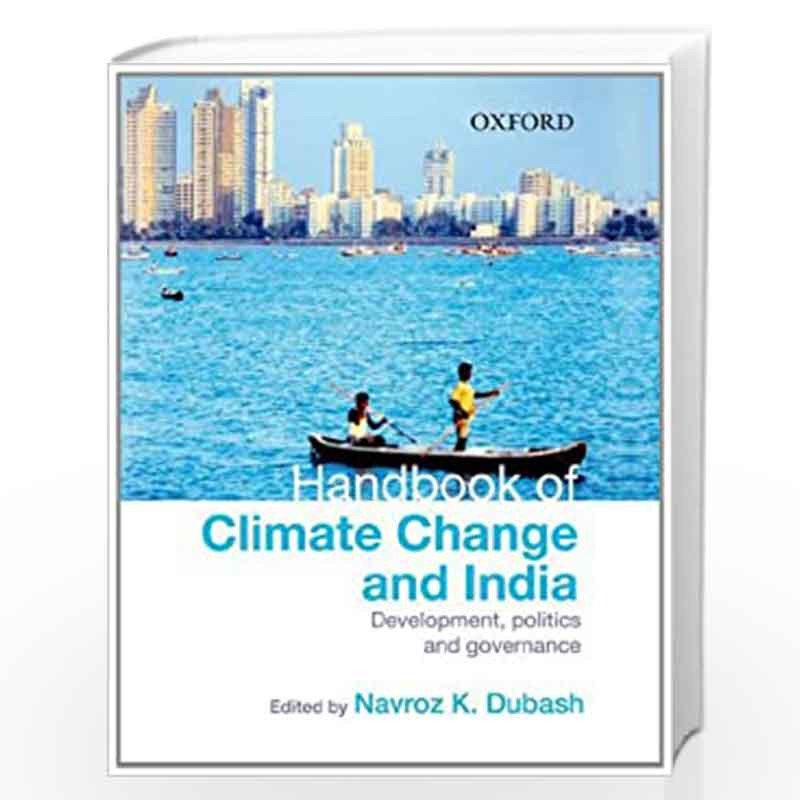Summary
We suggest that three aspects of this common context are important in characterizing the rise of the regulatory state of the South. The first contextual element is the presence of powerful external pressures, especially from international financial institutions, to adopt the institutional innovation of regulatory agencies in infrastructure sectors. The result is often an incomplete engagement with and insufficient embedding of regulatory agencies within local political and institutional context. A second is the greater intensity of redistributive politics in settings where infrastructure services are of extremely poor quality and often non-existent. The resultant politics of distribution draws in other actors, such as the courts and civil society; regulation is too important to be left to the regulators. The third theme is that of limited state capacity, which we suggest has both “thin” and “thick” dimensions. Thin state capacity issues include prosaic concerns of budget, personnel and training; thick issues address the growing pressures on the state to manage multiple forms of engagement with diverse stakeholders in order to balance competing concerns of growth, efficiency and redistribution. These three themes provide a framework for this special issue, and for the case studies that follow. We focus on regulatory agencies in infrastructure sectors (water, electricity and telecoms) as a particular expression of the regulatory state, though we acknowledge that the two are by no means synonymous. The case studies are drawn from India, Colombia, Brazil, and the Philippines, and engage with one or more of these contextual elements. The intent is to draw out common themes that characterize a “regulatory state of the South,” while remaining sensitive to the variations in level of economic development and political institutional contexts within “the South.”
Read more


